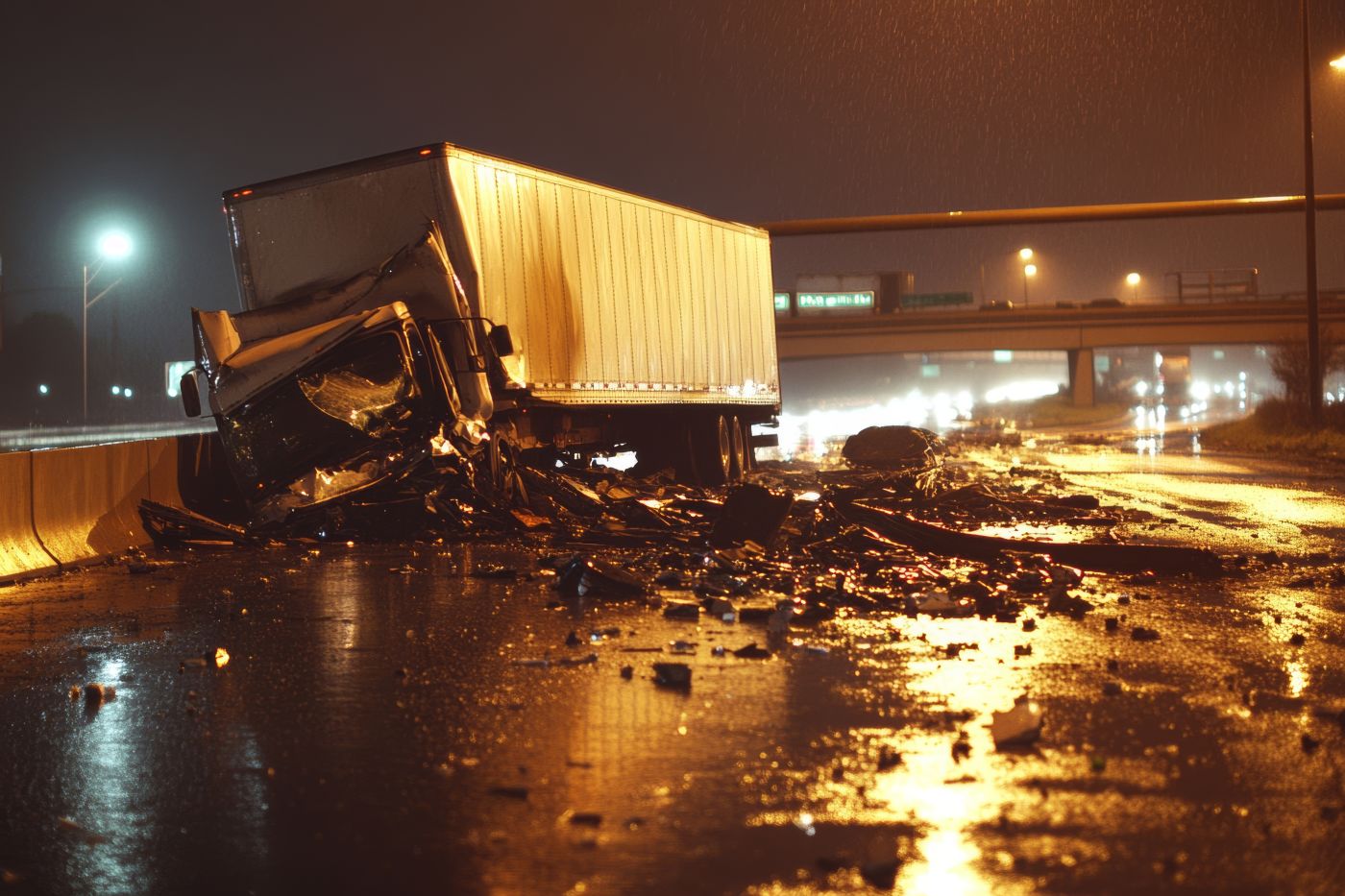
When a tragic loss of life occurs, it can lead to both civil and criminal legal actions. For families dealing with the aftermath of a loved one's death, understanding the differences—and intersections—of wrongful death claims and criminal charges is critical. While both legal avenues address the circumstances surrounding a death, they serve distinct purposes and operate under different rules.
Fortunately, at Harris & Hart, Attorneys at Law, a knowledgeable attorney will explore these legal proceedings in the states of Kansas and Missouri, providing clarity on their processes and how they may overlap. Schedule a free consultation at the firm's office in Overland Park, Kansas, today to get the dependable legal guidance you need during these challenging times.
What Is a Wrongful Death Claim?
A wrongful death claim is a civil lawsuit brought forth by the family or estate of a deceased individual. The core purpose of this claim is to seek financial compensation from the person or entity responsible for the death due to negligence or intentional acts. Unlike a criminal trial, these claims focus on monetary damages rather than punitive consequences.
In Kansas and Missouri, wrongful death statutes allow specific parties—such as the spouse, children, parents, or a designated representative of the estate—to file this type of lawsuit. Key elements that must be proven in a wrongful death case include:
The death of a person resulted from the defendant’s negligence or wrongdoing.
Breach of a duty of care owed to the deceased.
The death directly caused financial and emotional harm to surviving family members.
Wrongful Death Laws in Kansas and Missouri
Under Kansas law, wrongful death claims are governed by K.S.A. § 60-1901 to § 60-1905. Eligible family members can recover damages, including funeral expenses, medical costs, loss of companionship, and mental anguish. Kansas imposes a cap on non-economic damages, limiting the recovery of emotional pain and suffering to $350,000.
Missouri adopts a more expansive approach than Kansas. Under RSMo § 537.080, Missouri law permits a wide range of damages, including the deceased's lost wages, loss of benefits, and even punitive damages in specific cases. Additionally, Missouri does not cap non-economic damages in wrongful death claims, offering survivors the possibility of greater compensation.
What Are Criminal Charges?
Criminal charges are filed by the state or federal government to hold an individual accountable for violating laws that protect public safety. When a person’s actions lead to the death of another, criminal charges may include offenses such as manslaughter, murder, or vehicular homicide.
Unlike wrongful death claims, criminal cases are not focused on compensating the victim’s family. Instead, they aim to punish the offender and deter similar conduct in the future. Convictions in criminal cases often result in prison time, fines, or other penalties.
Criminal Charges in Kansas and Missouri
Kansas criminal law differentiates between varying degrees of homicide, such as first-degree murder, second-degree murder, and involuntary manslaughter. Each charge carries specific sentencing guidelines under state law. For example, first-degree murder is classified as a Level 1 felony in Kansas, which may involve life imprisonment.
Missouri categorizes homicide offenses similarly, with charges ranging from murder in the first and second degrees to voluntary and involuntary manslaughter. First-degree murder, for instance, is punishable by life imprisonment without parole or the death penalty. Both states prioritize justice for the deceased through their legal frameworks, although their processes may vary slightly.
Key Differences Between Wrongful Death Claims and Criminal Charges
While wrongful death claims and criminal charges may arise from the same incident, the two legal proceedings differ significantly in purpose, burden of proof, and possible outcomes.
Purpose
Wrongful death claims: Primarily aim to provide financial relief to the deceased’s family for their loss.
Criminal charges: Focus on punishing the wrongdoer, protecting public safety, and deterring future harm.
Burden of Proof
Wrongful death claims: Require proof by a "preponderance of the evidence," meaning it is more likely than not that the defendant’s actions caused the death.
Criminal charges: Demand proof "beyond a reasonable doubt," a much higher standard.
Outcomes
Wrongful death claims: Result in compensation, such as medical expenses, lost income, and pain and suffering.
Criminal charges: Lead to incarceration, fines, probation, or other legal penalties.
How Wrongful Death Claims and Criminal Charges Intersect
Although wrongful death claims and criminal charges are filed separately, they often intersect. A single incident—such as a fatal car accident caused by an intoxicated driver—could lead to both a criminal case for manslaughter and a wrongful death lawsuit against the same individual. Because these cases operate independently, one does not necessarily depend on the outcome of the other.
Criminal convictions can support a wrongful death claim by strengthening evidence of negligence or wrongdoing. However, even if the defendant is acquitted in a criminal trial, families may still pursue a civil wrongful death case due to the lower burden of proof required.
Notable Considerations for Kansas and Missouri Residents
Statutes of limitations: Kansas and Missouri have specific time limits for filing wrongful death claims. Kansas requires filing within two years of the death, while Missouri allows up to three years. Understanding these timeframes is critical to preserving legal rights.
Immunity in criminal cases: Certain immunity laws, such as self-defense provisions, may impact both criminal and civil cases.
Reliable Legal Representation
The legal processes surrounding wrongful death claims and criminal charges can be emotionally and legally complicated. Families involved in these cases in Kansas or Missouri are encouraged to consult experienced attorneys who understand the nuances of both civil and criminal law.
At Harris & Hart Attorneys at Law, their team is dedicated to supporting grieving families through compassionate legal representation in Kansas and Missouri. Whether they are pursuing a wrongful death claim or dealing with the criminal justice system, Harris & Hart provides the knowledge and guidance needed to achieve justice. Families can contact them today for a personalized consultation.



